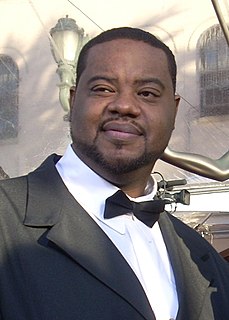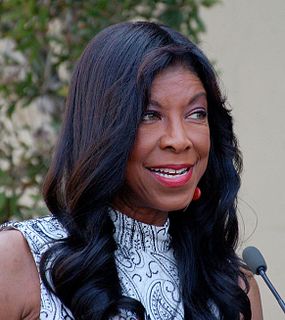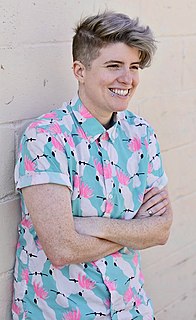A Quote by Homer Smith
Recognizing that we have the kind of blood we have because we have the kind of kidneys we have, we must acknowledge that our kidneys constitute the major foundation of our philosophical freedom. Only because they work the way they do has it become possible for us to have bones, muscles, glands and brains. Superficially, it might be said that the function of the kidney is to make urine; but in a more considered view one can say that the kidneys make the stuff of philosophy itself.
Related Quotes
The responsibility for maintaining the composition of the blood in respect to other constituents devolves largely upon the kidneys. It is no exaggeration to say that the composition of the blood is determined not by what the mouth ingests but by what the kidneys keep; they are the master chemists of our internal environment, which, so to speak, they synthesize in reverse.
People who are living donors who give kidneys. You can't give a heart and you can't give a liver, but you can sure give a lung - well, kidneys, anyhow. And that's where the main part of this whole thing is - one out of every eight people, I believe, is going to have some kind of kidney problem during their lifetime.
Stars die and reborn […] They get so hot that the nuclei of the atoms fuse together deep within them to make the oxygen we breathe, the carbon in our muscles, the calcium in our bones, the iron in our blood. All was cooked in the fiery hearts of long vanished stars. … The cosmos is also within us. We're made of star stuff. We are a way for the cosmos to know itself.
The idea that we are "stewards of the earth" is another symptom of human arrogance. Imagine yourself with the task of overseeing your body's physical processes. Do you understand the way it works well enough to keep all its systems in operation? Can you make your kidneys function? Can you control the removal of waste? Are you conscious of the blood flow through your arteries, or the fact that you are losing a hundred thousand skin cells a minute?
































